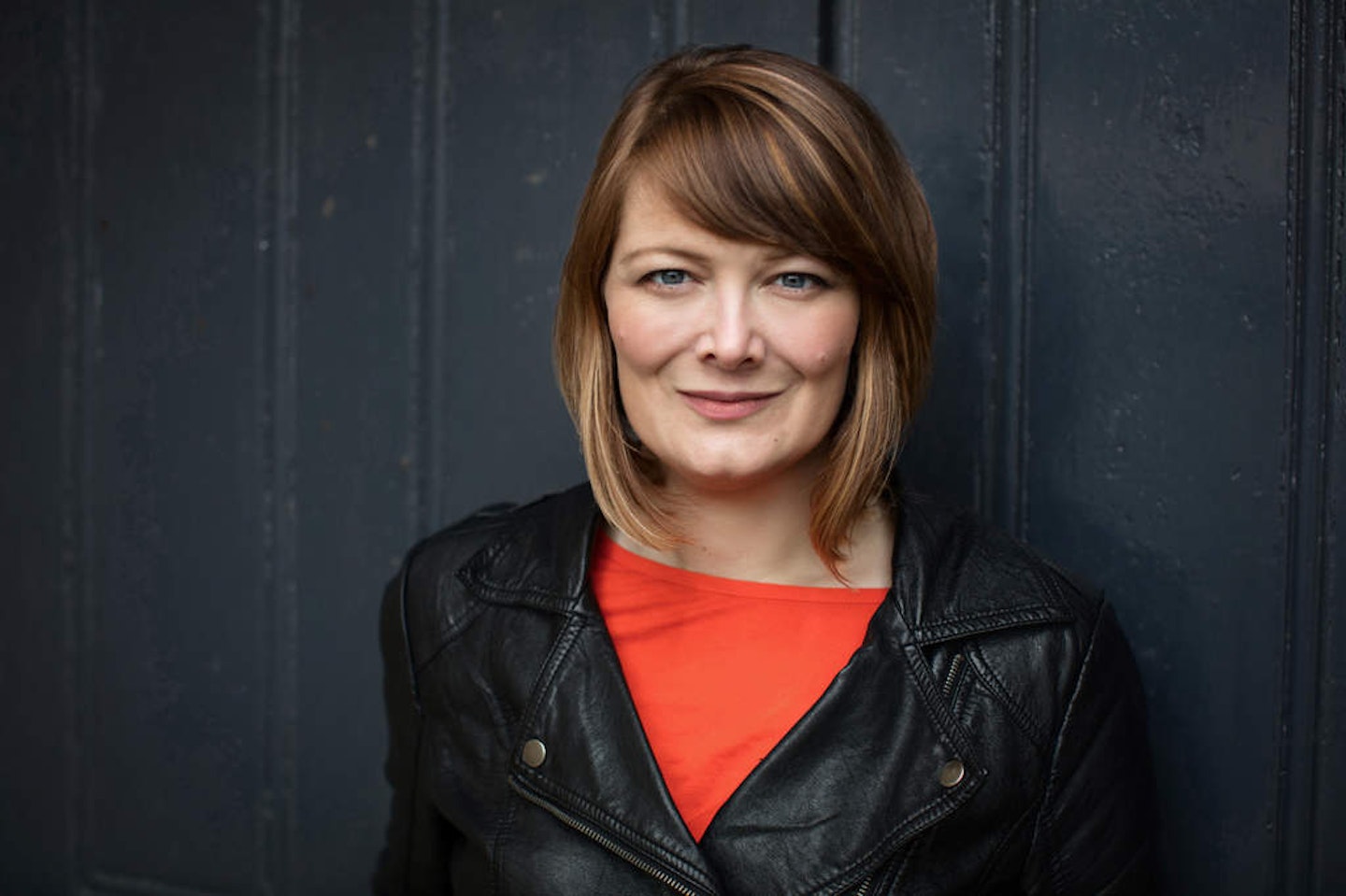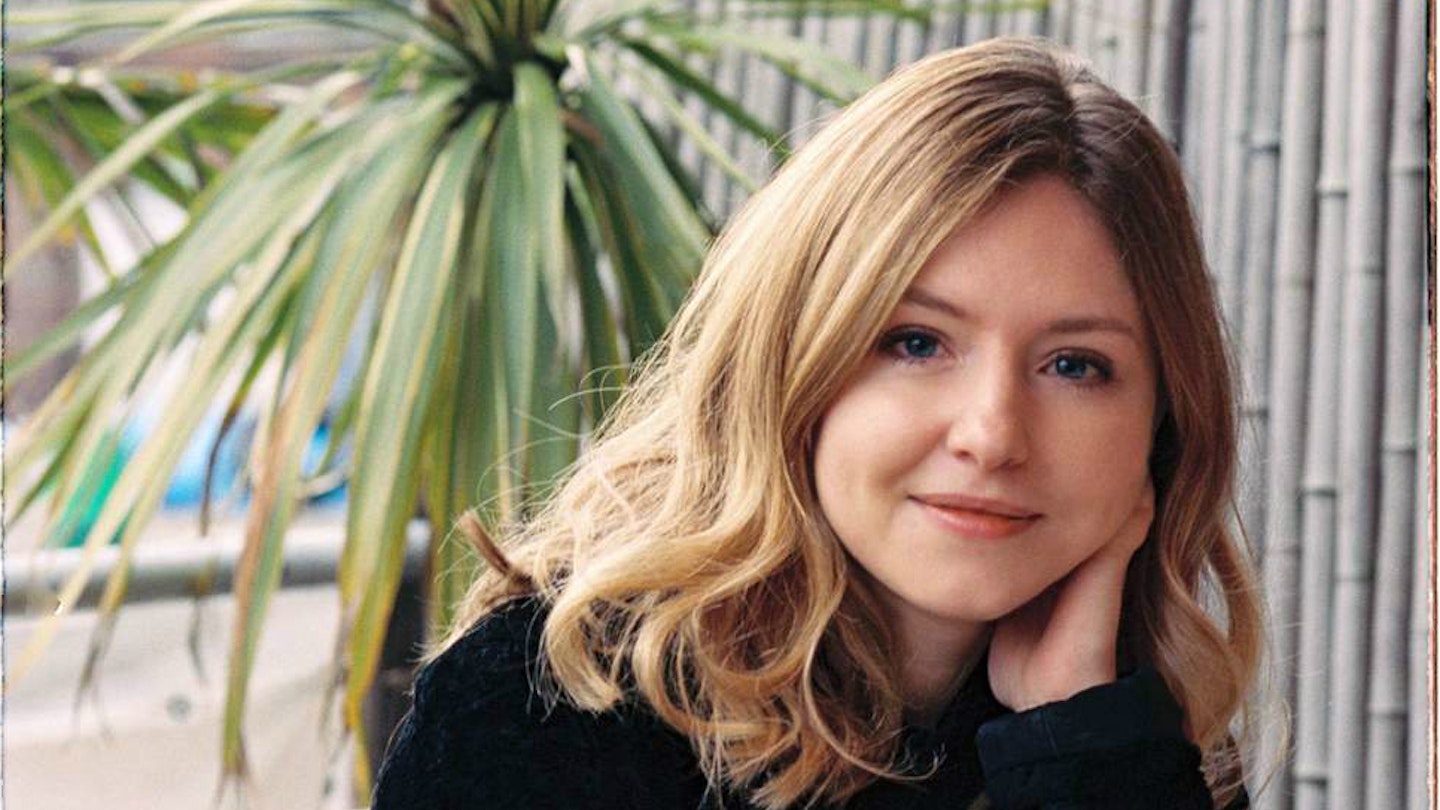Here in the uk, it’s rude to talk about money. It’s crass, inappropriate. You can interrogate a friend about their love life, but not about their salary. You can spend your weekend in their flat, but you mustn’t ask how they managed to pay for it.
I learned these rules about money much later in life, because I grew up without it. Things were tight – very tight. Job redundancies – my parents were both nurses – meant they and my brother and I moved from Manchester to the Isle of Man to Dorset. We lived in social housing and my parents took on an array of jobs, ranging from taxi driving to cleaning to shop work. We were constantly struggling to pay the bills and lived on edge that a knock at the door meant the debt collector had arrived. A school slip asking for money for a trip or a Holy Communion dress felt like a crisis, because that extra £15 or £20 simply didn’t exist. Food shops could be sources of panic that required mental arithmetic to avoid the embarrassment of having to put things back at the till.
I’m now 31 and a journalist and I’m not poor any more. I feel very lucky because I don’t have to think too hard when I’m doing the food shop and I can pay my rent. I go on holiday and I’ve got some nice clothes. I don’t present as someone who grew up skint and I don’t bring it up in the pub very often, because I’ve found it’s a buzz-kill. Plus, who’s going to listen to me when I’m wearing Whistles and the round of G&Ts I just bought is another person’s weekly shop?
My current debts are socially acceptable ones: a student loan and a credit card. But I’m well-versed in the other, more crippling kinds. I’m used to mail-order catalogues with outrageous interest rates, corner-shop ledgers, loans with silent default charges and hidden fees. My past shows in my habits today: I know exactly what’s in my bank account at any given moment. There’s a fear, even when things are going well, that money doesn’t belong to me and it can disappear as quickly as it arrives. I often feel guilty and unsure about buying anything that’s not essential.
We have so many entrenched ideas about who poor people are: what they do, what they sound like, how they dress, how they came to be in that position – but so many of the stereotypes aren’t true. I’ve lost track of the number of confused faces I’ve seen when someone realises I’m not, in fact, from a middle-class family. Their snobby prejudices mean they often assume all poor people are ‘lazy’, ‘spongers’, not well-read or well spoken. And probably not the kind of person you’d have much in common with.
We need to fight these prejudices. Not least because there are now 14 million people – one in five – classed as living in poverty in the UK. And yet, so few people feel willing and able to open up about it. That’s something author Kerry Hudson is trying to address in her new book, Lowborn, which is about growing up poor. Kerry’s childhood was a tough one spent trailing through council houses and caravan parks. Her mother, the last in a long line of women working in Scottish fish factories, brought up Kerry and her little sister alone, shifting between Aberdeen, Northumbria, Canterbury and Norfolk. As a result, Kerry went to 14 schools before leaving without qualifications at 15.
Lowborn charts Kerry’s travels to the places she grew up and reports back on what poverty looks like in the UK today. Kerry says she has only felt able to talk about her upbringing now she’s in her thirties. Before she started her career as a writer, in her late twenties, she worked in the charity sector, scaling the corporate ladder in London – but she kept quiet about her past. ‘I didn’t tell people I went to loads of schools and I didn’t tell people I grew up on council estates,’ she says. ‘And I didn’t tell them because I was already trying to navigate a very unfamiliar world.’
It’s hard to explain that sense of not belonging, of feeling deep down that you come from a different world. And it’s something I can relate to. Kerry says that during her first six months of writing Lowborn she had a recurring dream of being naked at a fancy tea party. ‘It ended up being an acutely personal book,’ she explains. ‘And I was so terrified of that. Many of the things that are in the book I’ve never told anyone, except for my very closest friends and partner.’

Writing it meant revealing painful experiences, such as having to hold her school shoes together with Blu Tack, or going hungry waiting for Monday – benefits day – to come. Moving to wealthy Canterbury, she says, ‘It was very clear I didn’t have what other kids did. Many parents didn’t want me playing with their children.’ Even kids can pick up on the signals that give your status away, she says – things like ‘a lack of holidays, clothes that I needed, cinema and swimming trips, enough food in the cupboards’. The hardest part about writing her book, Kerry says, ‘was facing difficult things from my past and trusting they wouldn’t break me or ruin this good life I’d made for myself ’.
The sense of being ‘other’, yet wanting to be liked and accepted, means it can take years to want to talk about these things. When I ask her why she never spoke about her past when she was younger, she says growing up poor was shameful. ‘Leaving school early was shameful,’ she adds. Shame. Shame. Shame. The word crops up repeatedly in our conversation, and it’s a feeling I can empathise with, which brings us to Lowborn’s punch-in-the-gut title.
‘I wanted to find a way to explain what it’s like to have this idea that you have been born into a certain place in society, that people view you in a certain way – how hard it is to change the script when you’re in a society that reinforces all the time that if you haven’t pulled yourself up by your bootstraps you’re somehow bad, or that it’s a moral failing,’ she says. She also wants to break down the argument that, if you just work hard enough, you can lift yourself out of any financial circumstance – something I can relate to.
Yes, I put in serious hours to become a journalist who can pay her bills, but I also relied on a string of miracles, kindnesses and privileges. A university friend’s family loaned me the money for my journalism training; another friend cornered me in a pub toilet until I accepted the cash she was thrusting in my hand so that I could stay living in London for a few more weeks. I was also lucky enough to have parents who unfailingly believed in me and a teacher who nurtured my writing.
Kerry says she had a number of lucky breaks, too. ‘I met nice people, people who encouraged me,’ she says. She doubts she’d be able to get the charity job she did in her twenties today ‘because every job seems to require an unpaid internship first’. This is why she wants her book to unpick the myths around social mobility in the UK. ‘I think it’s such a dangerous concept. It gives the impression that anyone who hasn’t made it out of poverty is somehow to blame,’ she adds.
We both know bright people from our childhoods who slipped through the net because they didn’t get access to the things you need to progress: education, encouragement and cash. Kerry says that on the estates where she grew up, ‘the kids and the women were strong and smart and intelligent, and had so much potential. They didn’t reach their potential... because they literally did not exist within a structure that allowed them to do that.’
Witnessing poverty today breaks her heart. ‘Seeing a woman obviously counting up to see if she can afford the cost of her shopping as it goes down the conveyor belt can still bring me to tears,’ she says. Most of all, though, she hopes Lowborn evokes empathy. ‘You do not choose to be in poverty. It’s not a lazy option. It is painful and difficult and really, really hard... you can read as many statistics as you want, but I really believe you sometimes need someone to say, “ is happened to me. is is my story. And look, actually, I’m just like you.”’
After speaking to Kerry, I’m going to be doing just that.
‘Lowborn’ by Kerry Hudson (£14.99, Chatto & Windus) is out in May
